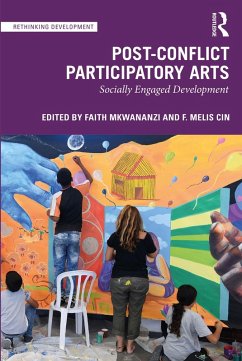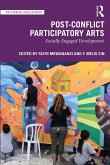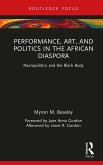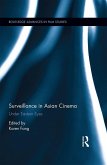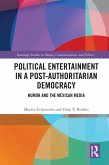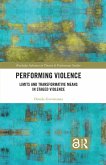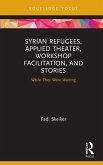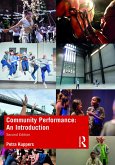Dieser Download kann aus rechtlichen Gründen nur mit Rechnungsadresse in A, B, BG, CY, CZ, D, DK, EW, E, FIN, F, GR, HR, H, IRL, I, LT, L, LR, M, NL, PL, P, R, S, SLO, SK ausgeliefert werden.
"This well-inquired book brings together ways in which the public is empowered to act, respond and interact around issues of civic engagement and political spaces through participatory art to improve people's lives and wellbeing. It investigates concepts such as agency, power, with a focus on human advancement viewpoint in post-conflict communities that are often ignored by unequal epistemic relations and neoliberal development agendas. While the book could be a critical asset for policy-makers, artists, and art-based organisations, it too reminds us of Eugene Delacroix's decree: 'What moves men of genius, or rather what rouses their work, is not new ideas, but their obsession with the idea that what has already been said is still not enough.'" - Peggy Himoonde, BBA History, Lusaka National Museum, Zambia
"Very insightful... The practicality of arts as an effective media towards the realization of epistemic/ social justice, is indeed a creative colorful approach." - Aubrey Bango, Visual Artist, Zimbabwe
"This well-inquired book brings together ways in which the public is empowered to act, respond and interact around issues of civic engagement and political spaces through participatory art to improve people's lives and wellbeing. It investigates concepts such as agency, power, with a focus on human advancement viewpoint in post-conflict communities that are often ignored by unequal epistemic relations and neoliberal development agendas. While the book could be a critical asset for policy-makers, artists, and art-based organisations, it too reminds us of Eugene Delacroix's decree: 'What moves men of genius, or rather what rouses their work, is not new ideas, but their obsession with the idea that what has already been said is still not enough.'" - Peggy Himoonde, BBA History, Lusaka National Museum, Zambia
"Very insightful... The practicality of arts as an effective media towards the realization of epistemic/ social justice, is indeed a creative colorful approach." - Aubrey Bango, Visual Artist, Zimbabwe

